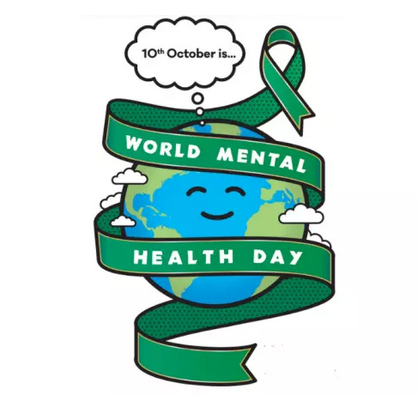Tuesday 10th October is World Mental Health Day – a day to talk about mental health without the fear of stigma and to show mental health matters to everyone.
Concerns about the negative impact of social media are well documented, but in fact there are some really positive ways social media can help mental health: –
- Social media provides people with a platform that enables them to be in contact with someone at any time, in any location. The Covid pandemic proved how difficult it was when in-person interaction wasn’t possible and social media during that time became a vital tool for many people to stay connected and to carry on their social relationships.
- The anonymity afford by social media can give users a safe space to discuss their own experiences with mental health whilst avoiding any stigma.
- Build community by joining local groups; whilst online relationships can be valuable and special, social media platforms offer users chance to make in-person connections in their local area – thus creating a community-based support network.
- Social media can help you strengthen existing relationships – especially when distance is a factor. The ease (and lack of cost!) for messaging and chatting can be really important to continue a bond when meetups aren’t possible. It can also be really beneficial for groups such as older people, or people with life-limiting conditions that might make leaving the home difficult.
- A common dilemma among people with mental illness (including depression) is the reluctance to talk to people closest to them about their problems. More and more young people are turning to the internet for health advice, including topics such as contraception, acne treatments, etc. A search with the hashtag #MentalHealth on the TikTok app showed more than 16.4 billion views. In fact, many teens will post online what they’re reluctant to discuss in person, which makes intervention by concerned friends and peers more possible.
A study by the Harvard School of Public Health concluded: –
“The findings suggest that as long as we are mindful users, routine use may not in itself be a problem. Indeed, it could be beneficial.”
So, if you need to talk to someone, remember it’s great to talk – there’ll be someone to listen. Reach out!

